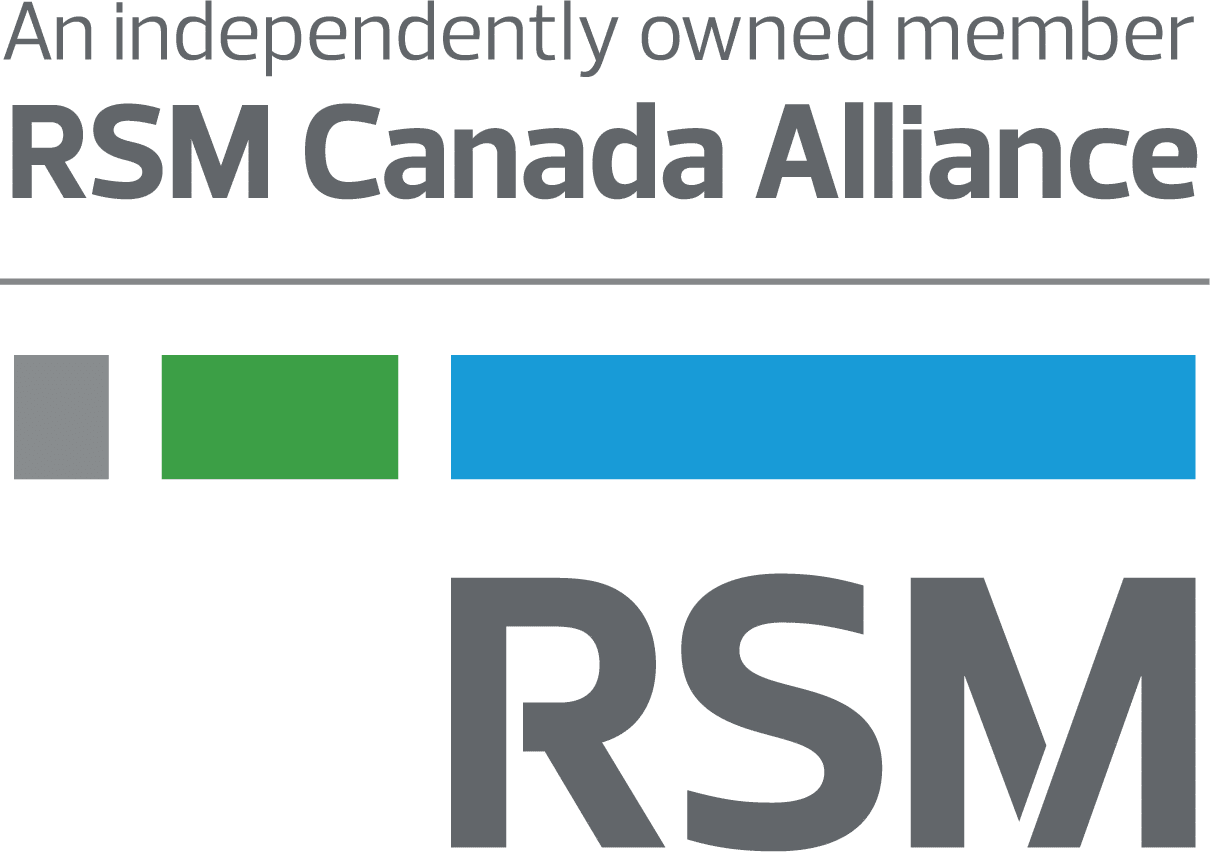
If there’s one question every taxpayer always thinks about – other than how to save tax effectively – it’s this:
How long does one have to hold onto old financial records?
Tax filing involves a lot of paperwork. From carefully saving receipts and bills for every little transaction you undertake during the fiscal year to make sure you duly submit them all to the Canada Revenue Agency (CRA) for review, it comprises many papers, financial entries, bank statements and whatnot. Even if you happen to file your taxes electronically, all these receipts and bills take up a lot of space in your filing cabinet. The situation is the same for individuals, small business owners, and big corporations.
But did you know that you need not keep the records for your small business forever?
What The CRA Rule Says Regarding Business Financial Records
As per the rules of the CRA, all taxpayers, including small businesses, are required to keep tax records for a period of six years from the date of the last tax they relate to. That means business financial records – both physical and electronic – for 2022 must be maintained till the end of 2028. These records include:
- Daily income and expense statements, including invoices, cash receipts, and even cancelled cheques
- Vehicle and travel expense records
- Credit card bills, bank deposit slips, contracts
- Records of employee payroll, salary deductions, and more.
Keeping these records is important as the CRA might request you to produce them in case of an audit in the future. If you fail to produce the supporting documents, your small business could face heavy penalties or delays in tax refunds.
Having said that, there are some exceptions to this six-year rule. Sometimes, a small business owner like yourself might have to retain records of years gone by for longer. Let’s look at some of these situations:
Late Filing of Taxes
According to the CRA rules, the timing of when you file the tax is crucial to calculate when the six-year period is up. For instance, if your business filed its taxes for the fiscal year January 1 to December 31, 2022, before the June 30, 2023, deadline, your six-year period will start from January 1, 2023. You must keep the records from January 1, 2023, to December 31, 2028.
However, if you filed the taxes after the June 30 deadline – say somewhere around July 10 — then your 6-year period will be counted from July 10, 2023, to July 10, 2029.
Pending Appeals with the CRA
If you have raised any objection or filed for an appeal against any decision of the CRA regarding the taxation of your small business, you might have to hold on to those records for longer. Such cases might take longer than expected to resolve, and it is necessary to maintain any documents and records pertaining to the appeal till the matter is settled or till the window for filing further appeals lapses.
Dissolution of Business
In the unfortunate event of the dissolution of your small business, you must conserve all documents and records related to the business for two years after the date of dissolution. These documents include not just receipts and bills and ledgers but all documents pertaining to taxes paid during the active lifetime of the company. If your business is non-incorporated, you must follow the six-year rule from when the company officially ends.
Specific Document Records to be Stored Indefinitely
If there are documents related to the purchase or sale of a property or business, shareholder register, will, bills of renovations that increase the property cost, and any other document that could impact the sale or liquidation of the business should be stored indefinitely.
Request from the CRA
If, for any reason, the CRA requests you to maintain records for longer than six years, the CRA will officially notify you in person or by registered mail. The CRA official will also inform you how long you must keep the records.
Destroying Records Before Time
In the not-so-common scenario that you want to or have to destroy any financial records of your small business before the stipulated six-year period (for instance, if you shift base to another country), you will need written permission from the CRA. You must submit Form T137, Request for Destruction of Records, or apply in writing to your tax services office. Please note that the CRA’s permission only applies to the tax-related legislation that comes directly under its control and not to records pertaining to federal, provincial, or municipal requirements.
But remember, destroying records before six years without permission could lead to serious legal action. And if your records are destroyed by any natural disaster, such as a flood or fire, there is a special provision for disaster relief.
If none of the above cases apply to your small business, you can destroy your financial records after six years. Just ensure you destroy them properly, as such records often have personal and sensitive information, which could lead to trouble if they fall into the wrong hands. For physical records, shredding is the safest option. As for electronic records, format any external storage devices with information on them before discarding them and make sure any copies in your computer are password-protected.
Contact Ford Keast LLP in London for Your Small Business Accounting Needs
But before you destroy those documents, consult a professional accountant to ensure all scenarios are covered. These receipts and pay slips might look like a burden, but they are valid proof in the eyes of the law and can save you and your business from expensive lawsuits. To learn more about how Ford Keast LLP can provide you with the best accounting and bookkeeping expertise, contact us online or by telephone at (519) 679-9330.




